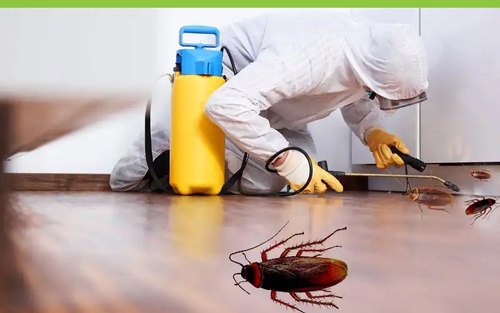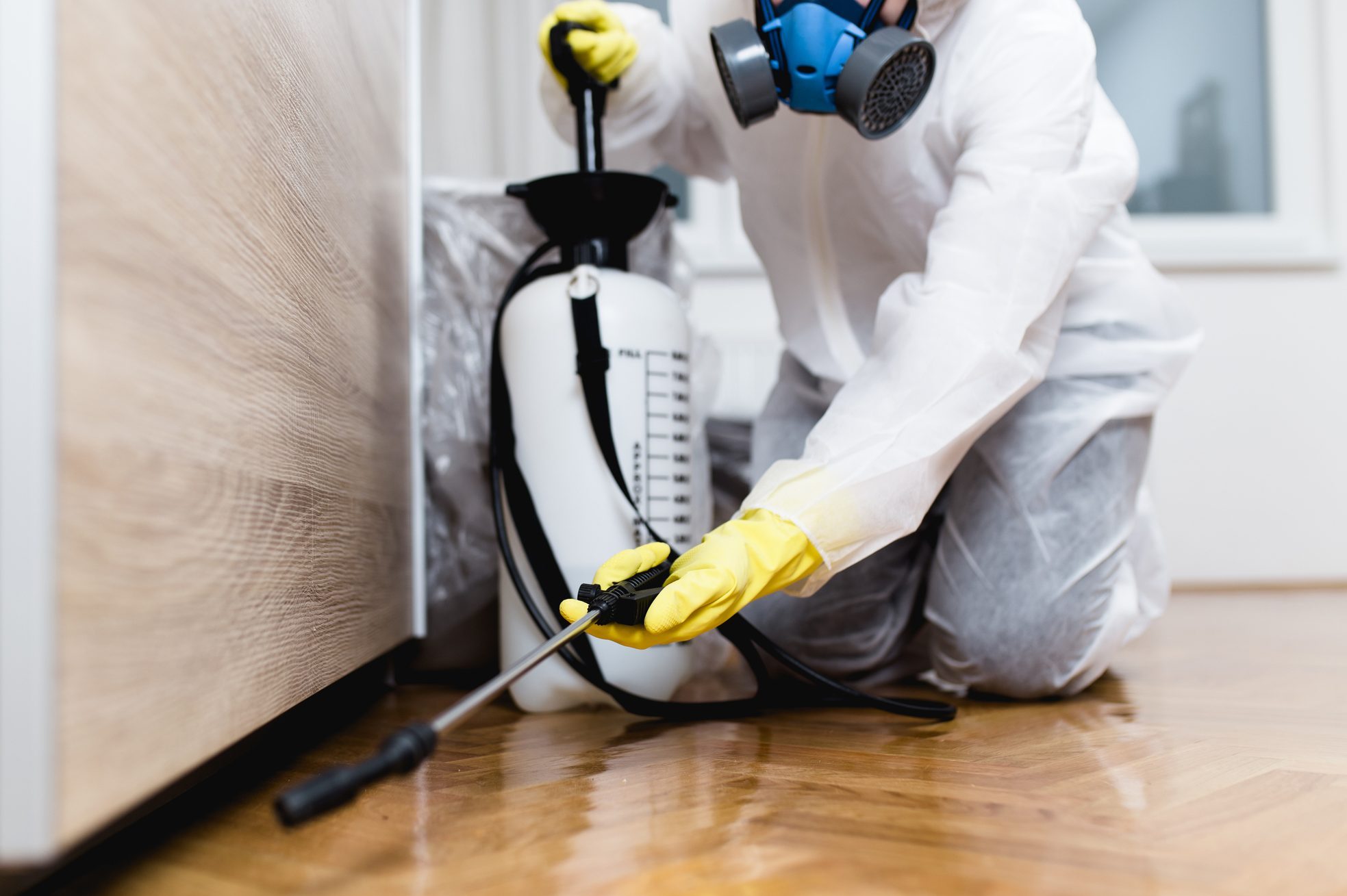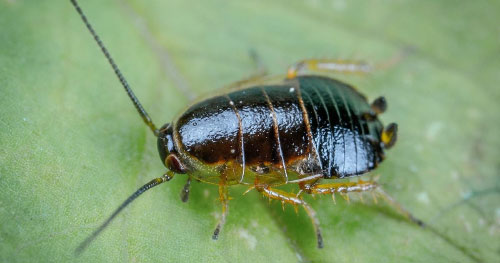Discovering Numerous Insect Control Methods to Attain Long-Term Success in Taking Care Of and Stopping Problems in Residential Areas
Reliable insect control in household areas requires a multifaceted method that stabilizes immediate outcomes with long-lasting sustainability. What might these advancements involve, and just how can they transform our understanding of bug control?
Understanding Pest Control Approaches
Although bugs have actually existed alongside human beings for centuries, the approaches used to control them have advanced considerably in time. Comprehending these approaches is important for efficiently taking care of and preventing invasions in suburbs. Bug control techniques can be broadly classified into three key approaches: social, mechanical, and chemical.
Social methods concentrate on changing the environment to reduce pest destination and reproduction. This includes appropriate cleanliness, plant rotation, and habitat adjustment, which can substantially decrease pest populaces. Mechanical control involves physical obstacles and catches to manage pests straight, such as displays, vacuums, and sticky catches. This approach is commonly favored for its safe nature and instant outcomes.
Chemical control continues to be one of one of the most widely made use of techniques, involving the application of pesticides to get rid of bugs. While reliable, this strategy requires mindful consideration of safety, prospective resistance advancement, and environmental effect. Integrated Parasite Monitoring (IPM) integrates these approaches to develop an all natural approach, promoting long-term pest avoidance and marginal damage to helpful organisms. By recognizing these various parasite control approaches, house owners can make enlightened decisions that promote efficient administration and preservation of their space.
Eco-Friendly Bug Control Solutions
Exactly how can home owners effectively take care of parasite troubles while reducing their environmental impact? Green insect control remedies offer a sustainable option to standard methods, prioritizing the health of both citizens and the bordering ecosystem. These remedies usually make use of all-natural active ingredients and techniques that interfere with pest behavior without introducing damaging chemicals into the atmosphere.
One efficient strategy is using advantageous pests, such as ladybugs and lacewings, which victimize common bugs like aphids and termites. Additionally, diatomaceous earth, an all-natural powder made from fossilized algae, can be sprayed in areas where parasites prevail, functioning as a desiccant that damages pests while remaining safe for humans and pet dogs.
Additionally, applying preventative procedures is critical. roach control near me. Property owners can make certain correct cleanliness by sealing entry points, keeping tidy space, and handling waste properly. Planting pest-repellent herbs, such as mint and basil, can also prevent undesirable visitors
Inevitably, eco-friendly bug control solutions encourage property owners to resolve infestations sensibly, promoting a much safer living environment while advertising eco-friendly equilibrium. By embracing these methods, people can contribute to a healthier world while effectively taking care of pest-related problems.
Chemical Insect Control Options
While environment-friendly solutions are progressively popular, there are circumstances where chemical parasite control choices may be essential for effective management of severe problems. Chemical controls, including pesticides, fungicides, and herbicides, are commonly made use of to swiftly reduce insect populations and reduce damages to homes and yards.
These products can be identified right into 2 primary categories: synthetic chemicals and all-natural chemicals. Synthetic chemicals, such as pyrethroids and neonicotinoids, are engineered to target certain pests, offering fast knockdown results. Alternatively, all-natural chemicals, stemmed from plant or mineral resources, may supply a more eco friendly option while still delivering efficient results.
Prior to employing chemical insect control, it is critical to perform an extensive evaluation of the problem and go to this website recognize the details bug entailed. This guarantees that the chosen chemical is both effective and appropriate. In addition, property owners need roach control near me to stick to safety and security standards, consisting of appropriate application techniques and individual protective devices, to lessen health dangers and environmental impact.
Integrated Insect Monitoring Approaches

Biological control entails the use of natural killers or bloodsuckers to handle parasite populaces. Physical controls, like traps or barriers, can prevent bugs from entering homes or harmful crops.
Monitoring and assessment are crucial elements of IPM, enabling prompt interventions based on pest populace limits. By focusing on safety nets and using a mix of tactics, IPM not only addresses current infestations however also promotes lasting insect monitoring solutions that safeguard both human health and the setting. This thorough strategy is important for lasting parasite control in residential locations.
Arising Technologies in Parasite Control
The arrival of arising innovations in bug control is reinventing the means we handle pest populaces, using cutting-edge options that enhance effectiveness and efficiency. Breakthroughs in precision agriculture, for instance, utilize information analytics and sensing unit technologies to keep track of insect activity and ecological problems, enabling targeted treatments that decrease pesticide use.
Additionally, read review drones geared up with imaging modern technology are being utilized to check big locations for infestations, providing real-time information that aids in timely decision-making. Moreover, biotechnology is playing a pivotal duty, with the advancement of genetically modified organisms (GMOs) developed to lower parasite populations while maintaining advantageous types.

Finally, wise traps and keeping track of gadgets geared up with IoT abilities allow house owners and insect control professionals to receive instant alerts concerning insect activity, facilitating punctual action. Collectively, these emerging modern technologies not just enhance pest management outcomes but additionally add to environmental sustainability by decreasing reliance on traditional chemical therapies.

Verdict
In conclusion, reliable pest control requires a complex method that integrates social, mechanical, and chemical methods. Stressing environmentally friendly remedies and Integrated Pest Administration can lead to sustainable methods that not just minimize infestations yet likewise improve the eco-friendly equilibrium within suburbs. By embracing ingenious modern technologies and adopting preventive procedures, property owners can cultivate much healthier environments while minimizing reliance on damaging chemicals. The assimilation of these methods is essential for achieving long-term success in insect administration.